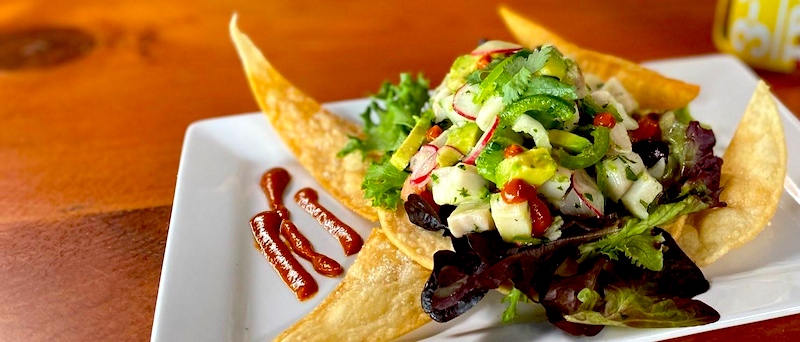
Oregon Sea Grant Launches Oregon Seafood Locator Map and Listings
Did you know that around 90 percent of the seafood caught off the Oregon coast is being shipped out of the state—some even going as far away as Japan or Europe? And that 90 percent of the seafood served at our restaurants is being shipped in?
To say that there is a deep disconnect in our local food systems is an understatement. Those famous yellow tins of Ortiz tuna on specialty store shelves more than likely contain Oregon albacore. That's right, a fish caught miles off of our coast is shipped halfway around the world, stuffed into tins and then shipped back to us. Crazy, right? And a good chunk of the rest of our albacore is exported to Japan for sushi.
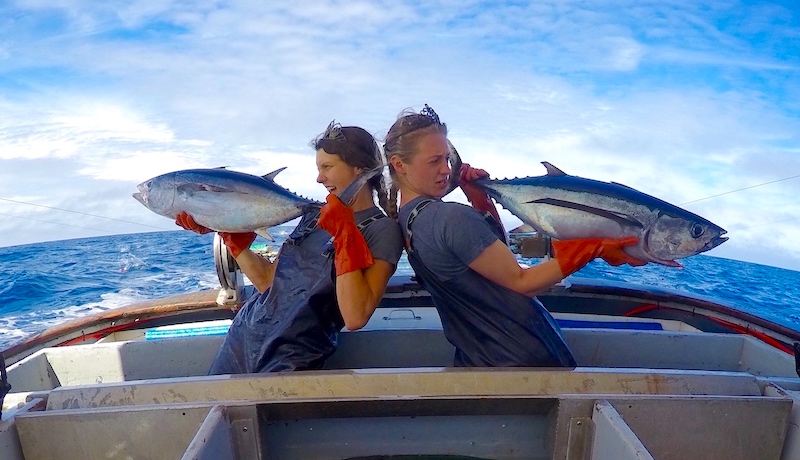
Altogether our Oregon fisheries—including rockfish, ling cod, petrale and Dover sole, wild salmon, black cod, albacore tuna, Dungeness crab, cold water shrimp, and oysters—supply four percent of the catch sold in the entire U.S.; the fishing town of Newport is considered the Dungeness crab capital of the world. But even with a thriving maritime tradition, it’s still difficult to find Oregon-caught seafood on the menus of our own restaurants.
That disconnect is why Oregon Sea Grant—a cooperative program between the National Oceanic and Atmospheric Administration's (NOAA) Sea Grant College Program and Oregon State University's Oregon Sea Grant Fisheries Extension to address the needs of Oregon's coastal communities and ecosystems—has launched the Oregon Seafood Locator with the mission of helping Oregonians discover the many different types of seafood harvested in Oregon.
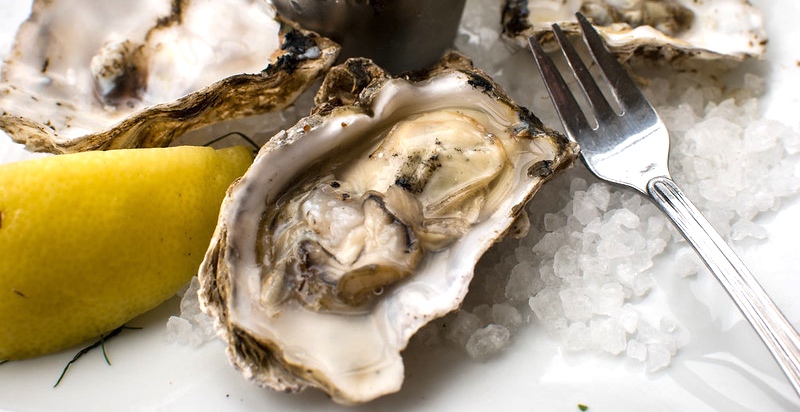
With a map and a comprehensive statewide listing of locations that sell or serve seafood caught or grown in Oregon, along with information on how to buy the freshest fish online or on the dock, as well as how to preserve and cook it, the Seafood Locator is intended to be a comprehensive guide to these local foods that are so much more delicious than substitutes shipped from farther away.
You can get involved in building this resource by contacting them if you know about a business that sells Oregon seafood products that needs to be added to the page. You can also add to their listing of recipes by using the hashtag #EatOregonSeafood in your social media postings.
Top photo of black cod ceviche at Fort George Brewery in Astoria. Photo of line-caught albacore from Western Fishboat Owners Association.

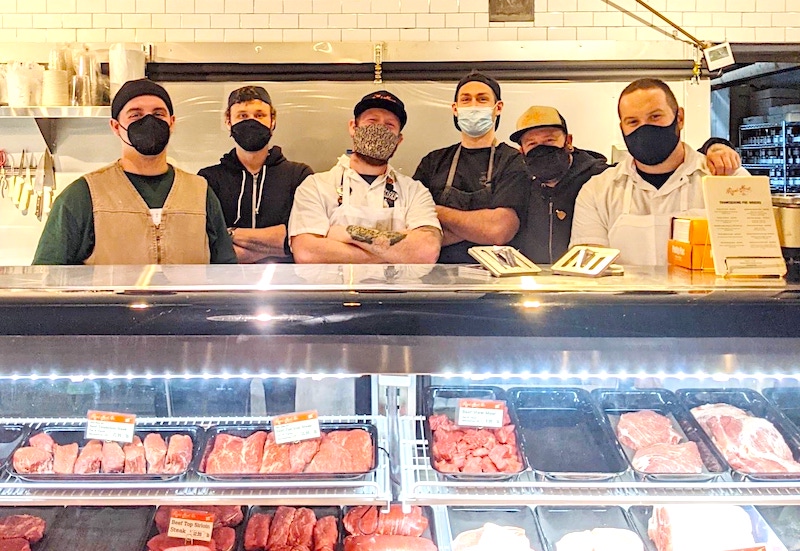
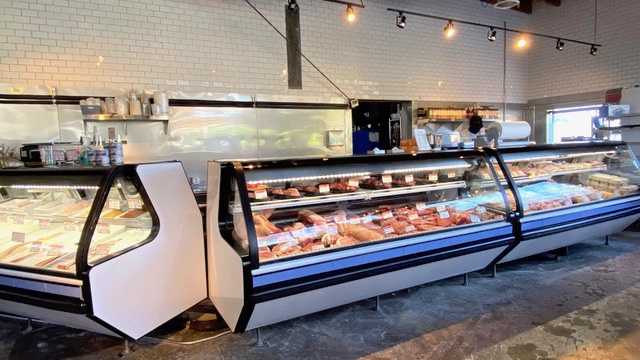 "We’re happy to announce that after many months, the debut of their full-service meat and seafood counter at Providore is here," said Kaie Wellman, co-owner of Providore along with her husband, Kevin de Garmo and their business partner, Bruce Silverman. "The 'protein' corner of the store has been transformed into a mecca for those who want to work closely with their local butcher and fishmonger to source top-quality, small-farmed meat and sustainably caught seafood."
"We’re happy to announce that after many months, the debut of their full-service meat and seafood counter at Providore is here," said Kaie Wellman, co-owner of Providore along with her husband, Kevin de Garmo and their business partner, Bruce Silverman. "The 'protein' corner of the store has been transformed into a mecca for those who want to work closely with their local butcher and fishmonger to source top-quality, small-farmed meat and sustainably caught seafood."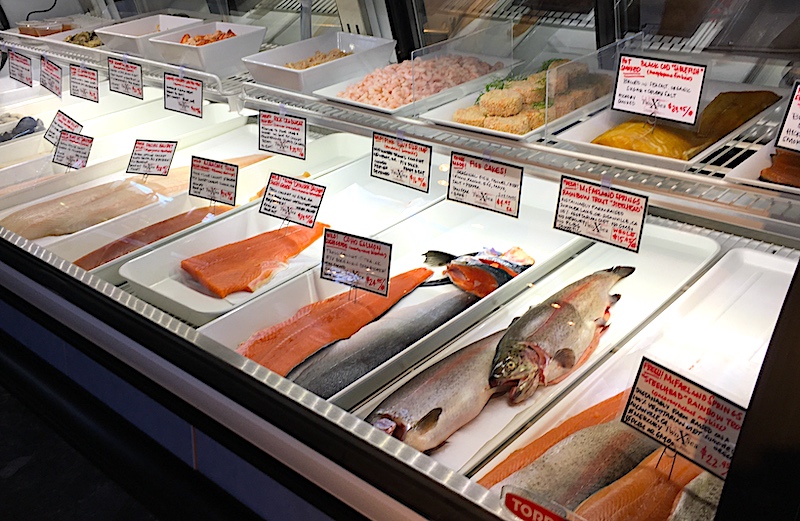 A huge problem with our food system is that shoppers are often misled about what they're buying. Tilapia, a common farmed fish, is mislabeled as more expensive snapper—
A huge problem with our food system is that shoppers are often misled about what they're buying. Tilapia, a common farmed fish, is mislabeled as more expensive snapper—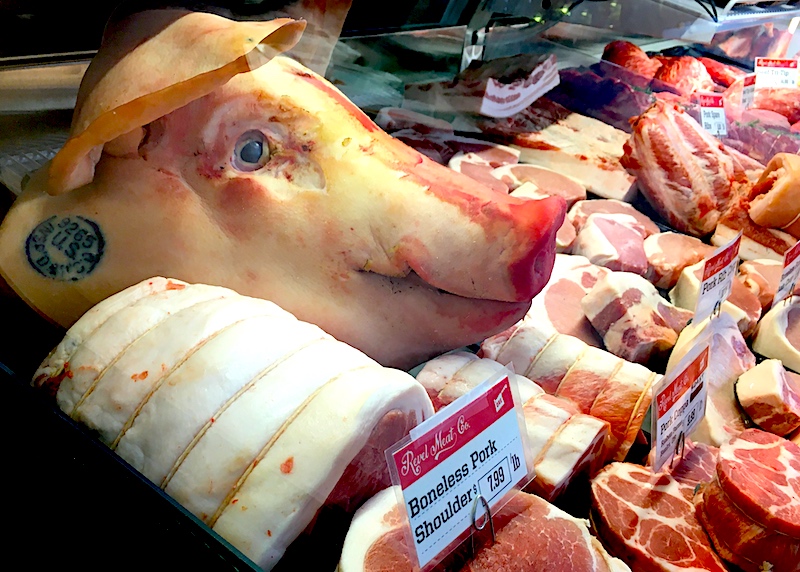
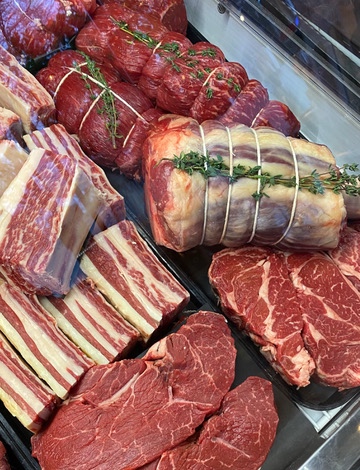 Calling Providore's partnership with these two purveyors a "perfect marriage," Wellman added that "their sustainability standards are unmatched anywhere. These guys walk their talk."
Calling Providore's partnership with these two purveyors a "perfect marriage," Wellman added that "their sustainability standards are unmatched anywhere. These guys walk their talk."